Various types of solvents are used in chemical, speciality chemicals, bulk drug API and pharmaceutical industries for many batch processes. Having multiple solvents to be transferred to multiple reactors is extremely common in such application. Precise transfer of solvent as per the receipe is essential as a part of the process control solutions.
In the Indian sub-continent climate the maximum temperatures of 40-45 deg C during the summer are extremely common. It is observed that during this season, the surface temperatures do reach more than 55-60 deg C. Organic solvents can vaporise in such an environment and hence creates problem in accurate flow metering due to the presence of 2-phase flow. Special application expertise is required to avoid such situations. In many industries, mixing or contamination of solvents by using common flowmeter, valve or pipeline is not recommended.
The solvent batching systems can include solvent storage tank / day tank level measurements, flow batching systems, nitrogen / air purging systems for emptying / flushing of the pipelines, flowmeters where the calibration doesn’t change due to the change in density / viscosity of the process media, digital batching control valves to ensure precise batch controls. Additional safety interlocks can be provided for ensuring only one solvent is transferred to one reactor at any given time in case of a common flowmeter, static charge interlocks and operations of pumps can also be incorporated as a part of the well-designed automation solution.
As per the operational philosophy of the user, it is possible to include field setpoint generators or intrinsically safe HMIs for batch setting, batch startup and emergency stop in the field. Complete PLC based solution can provide not only graphical representation and operational ease, but also various reports for batch summary, consumption patterns, inventory management and communication with MIS system.
Applications of Solvent Batching Control:
- Pharmaceuticals: Preparing solvent-based formulations or mixtures used in drug production.
- Chemicals: Creating solvent blends for various applications, such as cleaning agents or resins.
- Coatings and Paints: Mixing solvents to adjust the viscosity or drying time of paints, lacquers, or varnishes.
- Food and Beverages: In some cases, solvents (such as ethanol) are used in the extraction or processing of food ingredients.




